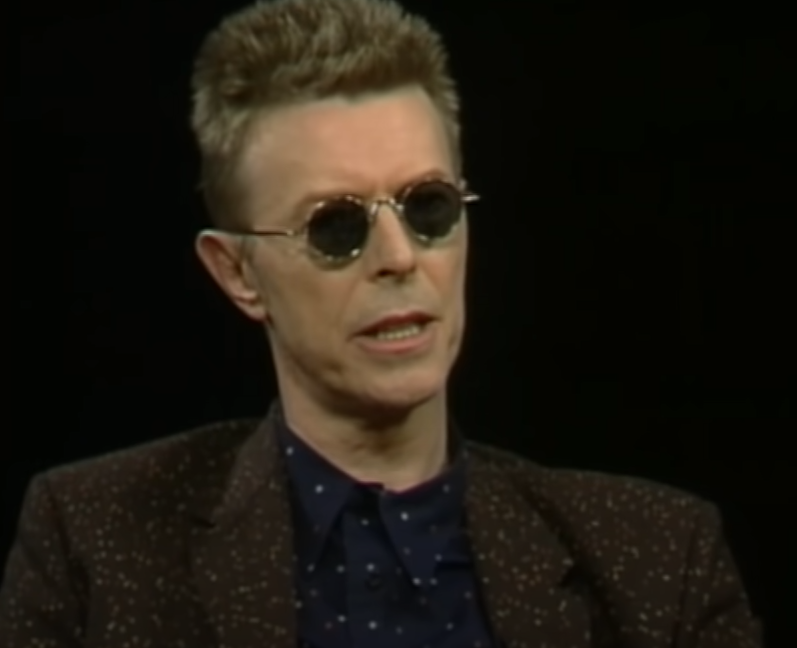
David Bowie was a singer and songwriter who had a unique and distinctive voice that was instantly recognizable. His voice was marked by its versatility, range, and emotive power, and it helped to make him one of the most important and influential musicians of the 20th century.
One of the defining characteristics of Bowie’s voice was its range. He was capable of hitting both high and low notes, and he could easily shift between different registers. This allowed him to explore a wide variety of musical styles, from the hard rock of “Ziggy Stardust” to the electronic experimentation of “Low.”
Bowie’s voice was also marked by its emotive power. He was able to convey a wide range of emotions through his singing, from the raw, anguished intensity of “The Man Who Sold the World” to the playful, ironic tone of “Life on Mars?” His ability to connect with listeners on an emotional level helped to make him one of the most beloved and influential musicians of his generation.
Bowie’s voice was also known for its distinctive tone and timbre. He often sang in a slightly nasal, affected manner that was both playful and mysterious. This helped to create a sense of intimacy between Bowie and his listeners, and it helped to establish him as one of the most charismatic and enigmatic performers of his time.
Perhaps most importantly, Bowie’s voice was marked by its ability to evolve and adapt over time. Throughout his career, he experimented with a wide variety of vocal styles, from the theatricality of Ziggy Stardust to the stripped-down simplicity of his later albums. He was always willing to take risks and try new things, and his voice reflected this willingness to push boundaries and challenge expectations.
Despite his vocal range and versatility, Bowie was not known for having a conventionally “perfect” singing voice. He often employed unconventional techniques and stylings in his singing, such as the use of vibrato or a breathy, whispered delivery. These quirks and imperfections helped to make his voice all the more distinctive and memorable.
In some ways, Bowie’s voice was a reflection of his approach to music in general. He was never content to rest on his laurels or rely on past successes. Instead, he was always pushing himself to evolve and explore new musical horizons. His voice was a tool that he used to express himself, and he was never afraid to take risks or experiment with new sounds and techniques.
In conclusion, David Bowie had a unique and versatile singing voice that was marked by its range, emotive power, and distinctive tone. He was able to convey a wide range of emotions through his singing, and his willingness to experiment with new vocal styles and techniques helped to make him one of the most important and influential musicians of his time. Despite not having a conventionally “perfect” singing voice, Bowie’s voice remains a beloved and iconic part of his musical legacy, and it continues to inspire and influence musicians and fans around the world.
